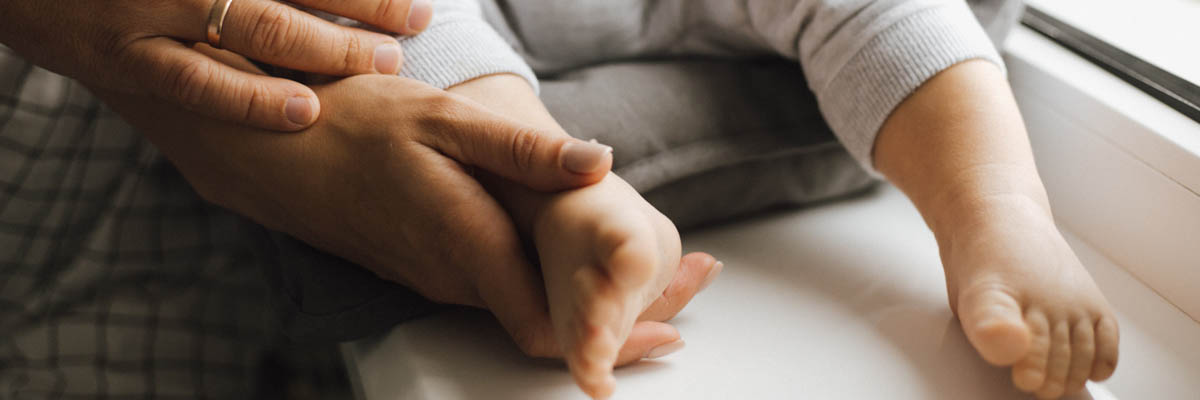Pediatric Orthopedics

Pediatric orthopedics is a specialized branch of orthopedic medicine that focuses on diagnosing, treating, and managing musculoskeletal conditions and injuries in children, from infancy through adolescence.
We understand the unique needs of pediatric patients and strive to deliver compassionate, comprehensive, and child-centered treatment. Our pediatric orthopedic specialists are dedicated to providing individualized care for children, considering their specific needs, growth potential, and long-term outcomes. We strive to improve the quality of life for pediatric patients by managing and treating their orthopedic conditions, allowing them to participate fully in daily activities and reach their maximum potential for physical function and mobility.
Some key aspects of pediatric orthopedics
Congenital Conditions
Our pediatric orthopedic specialists are trained to address congenital conditions that children may be born with, such as clubfoot, developmental dysplasia of the hip (DDH), limb length discrepancies, spinal deformities (e.g., scoliosis), and brachial plexus injuries.
Developmental Disorders
These include conditions that arise as a child grows and develops, such as flatfoot, intoeing or out-toeing gait abnormalities, and musculoskeletal problems associated with neuromuscular disorders like cerebral palsy or spina bifida.
Fractures and Sports Injuries
Children are prone to fractures and sports-related injuries due to their active lifestyles. Our pediatric orthopedic specialists have expertise in diagnosing and treating these injuries using age-appropriate methods, considering the unique growth plates and bone development in children.
Limb Deformities and Length Discrepancies
Conditions that cause limb deformities or differences in limb lengths can be effectively managed by our pediatric orthopedic specialists. They employ various treatment modalities, including bracing, physical therapy, growth modulation techniques, and surgical interventions like limb lengthening or deformity correction procedures.
Scoliosis and Spinal Deformities
We have expertise in the diagnosis and treatment of spinal deformities, such as scoliosis (abnormal curvature of the spine) and kyphosis. Providing both non-operative interventions, such as observation and bracing, as well as surgical options for severe cases.
Growth and Development Considerations
Children’s bones, muscles, and joints are constantly growing and developing. Our pediatric orthopedic specialists take into account these unique growth patterns and employ strategies to manage conditions in a manner that supports proper growth and functional development.
